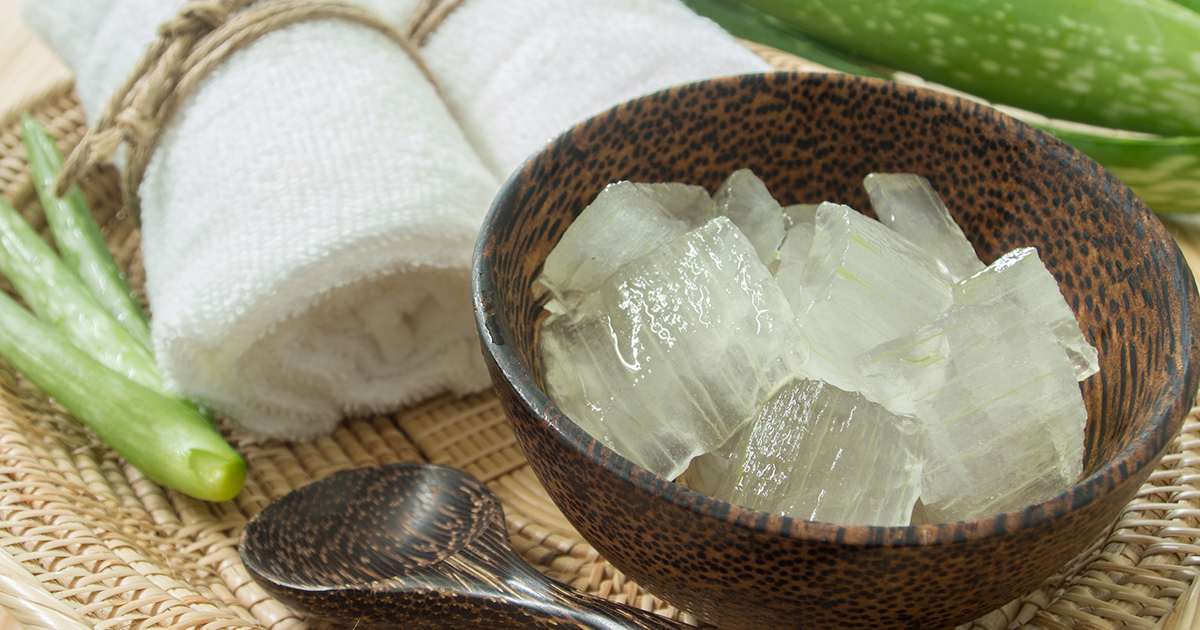Amazing Natural Remedies For Scalp Eczema
Scalp eczema is a skin condition that occurs when the scalp becomes itchy, red, and irritated. It can cause the flaking known as dandruff. Dandruff does not always indicate an individual has scalp eczema. However, it often is a symptom of scalp eczema if they appear to have a significant amount of dandruff that does not go away even with good hygiene. Patches of skin affected by eczema can be scaly and red, flaking, itchy, waxy, or greasy. There may be a burning sensation, and some patches may have lesions that ooze clear discharge. After healing, the skin can sometimes scar or change colors.
Thankfully, there is a variety of options for scalp eczema treatment. Some patients will need to talk to their doctor about scalp eczema medication, specifically prescription dandruff shampoo and other medicated shampoos. However, there are also effective methods for scalp eczema home treatment. Get familiar with natural remedies for scalp eczema now.
Aloe Vera

Aloe vera has strong anti-inflammatory properties that can help soothe skin conditions. Perhaps the most common, of course, is sunburns. However, aloe vera can also help with cases of scalp eczema, including seborrheic dermatitis. This is a form of the condition that causes red and scaly patches on an individual's scalp. When an individual does experience flares of this condition and similar ones, aloe vera extract can help lessen the severity of the flare. There are seventy-five components of the aloe vera plant that are potentially active in healing. Antioxidants in the plant include vitamins E, C, and A. Other vitamins are choline, folic acid, and vitamin B12. There are also eight enzymes in aloe vera. One of these, bradykinase, can reduce inflammation when applied directly to the skin, including when it is due to scalp eczema.
Keep reading to learn more about natural methods of treating scalp eczema now.
